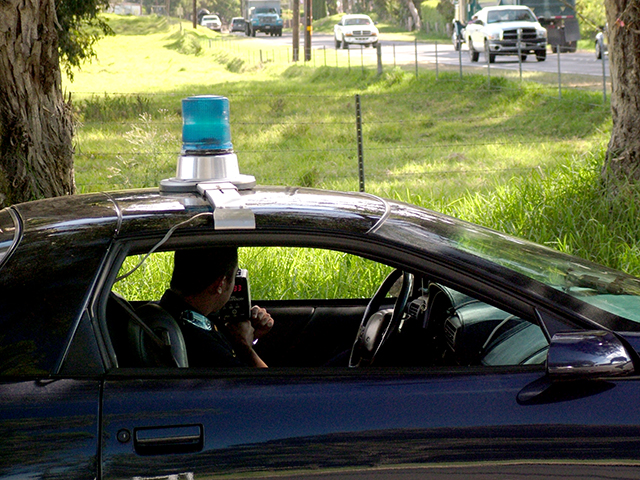Nebraska Cops Ordered to Pay $40k and Return $1 Million Seized from Innocent Woman
James Hampson / Andrew Kloster /
Tara Mishra, 33, of Rancho Cucamonga, California, had her life turned upside down, her life savings taken, and her business plans quashed in March 2012 when police unlawfully seized just over $1 million from her during a traffic stop.
Last July, U.S. District Court Judge Joseph Bataillon ordered police to return the money. This week, that same judge ordered the government to pay Mishra an additional $39,035 to cover attorney fees.
Back in 2012, two of Mishra’s future business associates, a husband and wife, were driving to New Jersey from California to help her pursue her lifelong dream of purchasing a nightclub. The pair had more than $1 million of Mishra’s cash in the car when they were pulled over for speeding near North Platte, Nebraska, and a routine traffic stop turned into a nightmare.
During a consensual search of the vehicle at the traffic stop, officers discovered Mishra’s cash in multiple plastic bags stuffed with $100 bills in $10,000 stacks. Suspecting drug involvement, the officers called in a K-9 unit, which indicated trace amounts of illegal drugs on the bills. On this basis, police seized the cash. Sound familiar? Nearly 90 percent of U.S. currency contains trace amounts of cocaine—hardly evidence that any particular person is involved in drug activity. The couple was released without being charged only after agreeing to relinquish the cash.
Mishra had saved this money over many years and had the documentation—including tax returns—to prove it, but the authorities still did not return the money. So she promptly filed a lawsuit in federal district court in Nebraska. Not only did she win her case, but she has now been awarded attorney fees and court costs because of the intransigent and unreasonable actions taken by the authorities—a clear signal to Nebraska cops to clean up their act.
As we have written previously, civil forfeiture abuse is a widespread problem. Officers all over the country have, on occasion, abused these incredibly broad laws to seize property from people who are entirely innocent of any wrongdoing. The legal battle to reclaim wrongfully seized property can be excruciatingly long and arduous. And who actually has a spare $40,000 lying around to pay the lawyers up front?
With her money now rightfully returned, Mishra will finally be free to pursue her dream of owning a nightclub again. Many others will not be so lucky.
James Hampson is currently a member of the Young Leaders Program at The Heritage Foundation. For more information on interning at Heritage, please click here.

